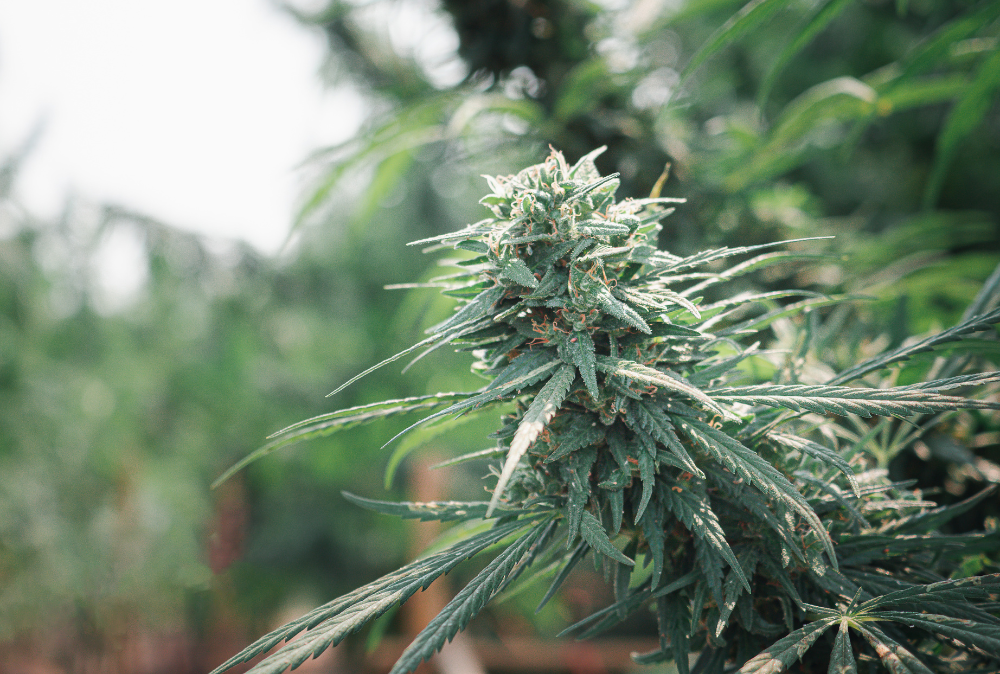
Cannabis use has become increasingly common, with many people using marijuana for recreational and medicinal purposes. However, if you’ve decided to quit or reduce your cannabis consumption in the new year, it's important to understand the process involved. Quitting cannabis isn't always as simple as just stopping use — there can be physical and psychological challenges that make you quite uncomfortable. In this article, we’ll explore what you need to know about marijuana withdrawal and how long cannabis stays in your system.
When you use cannabis regularly, your body becomes accustomed to the active compounds in marijuana, especially tetrahydrocannabinol (THC). THC is the psychoactive ingredient in marijuana that produces a “high” feeling. When you suddenly stop using cannabis, your body may struggle to readjust, leading to what is known as marijuana withdrawal.
Marijuana withdrawal occurs when the body reacts to the absence of THC. Unlike withdrawal from substances like alcohol or opioids, cannabis withdrawal symptoms are generally less severe (and not fatal!) but can still be uncomfortable and challenging to manage. Withdrawal can happen after even moderate use of cannabis, especially if you’ve been using it frequently over an extended period.
If you’ve been using marijuana regularly and decide to quit, you may experience a range of weed withdrawal symptoms. These symptoms vary depending on the individual and the extent of their cannabis use. However, there are a few common withdrawal symptoms that many people report:
One of the most important factors to consider when quitting cannabis is how long marijuana stays in your system. The answer depends on several factors, including how often you use cannabis, the amount you consume, your metabolism, and the method of use.
The reason THC stays in the body for a long time is that it is fat-soluble, meaning it binds to fat cells and can be stored in the body. This is why people who use cannabis frequently or in large amounts may experience a longer duration of withdrawal symptoms compared to occasional users.
Got a drug test coming up? Here are a few tips to potentially rid your system of THC quickly.
Weed withdrawal symptoms can vary in intensity and duration depending on the individual and their level of cannabis use. On average, most people experience symptoms for about 1 to 2 weeks after quitting. However, some symptoms, like irritability and cravings, can last longer.
Quitting cannabis can be challenging, but there are several ways to manage weed withdrawal symptoms and make the process easier:
Whether you’re quitting permanently or simply taking a tolerance break to reset your tolerance, quitting cannabis is a personal journey that can come with its own set of challenges. While marijuana withdrawal and weed withdrawal symptoms can be uncomfortable, they are temporary, not fatal, can be successfully managed with the right strategy. Understanding how long marijuana stays in your system and what to expect during the withdrawal process can help prepare you for a smoother transition.
If you’re considering quitting or have already stopped using cannabis and are struggling with withdrawal, it’s always a good idea to talk to a healthcare professional for guidance. The folks here at UtahMarijuana.org and our affiliated clinic, KindlyMD, are here to help. Schedule with one of our Medical Cannabis providers today. With the right tools and mindset, you can navigate the withdrawal process and move toward a cannabis-free lifestyle.